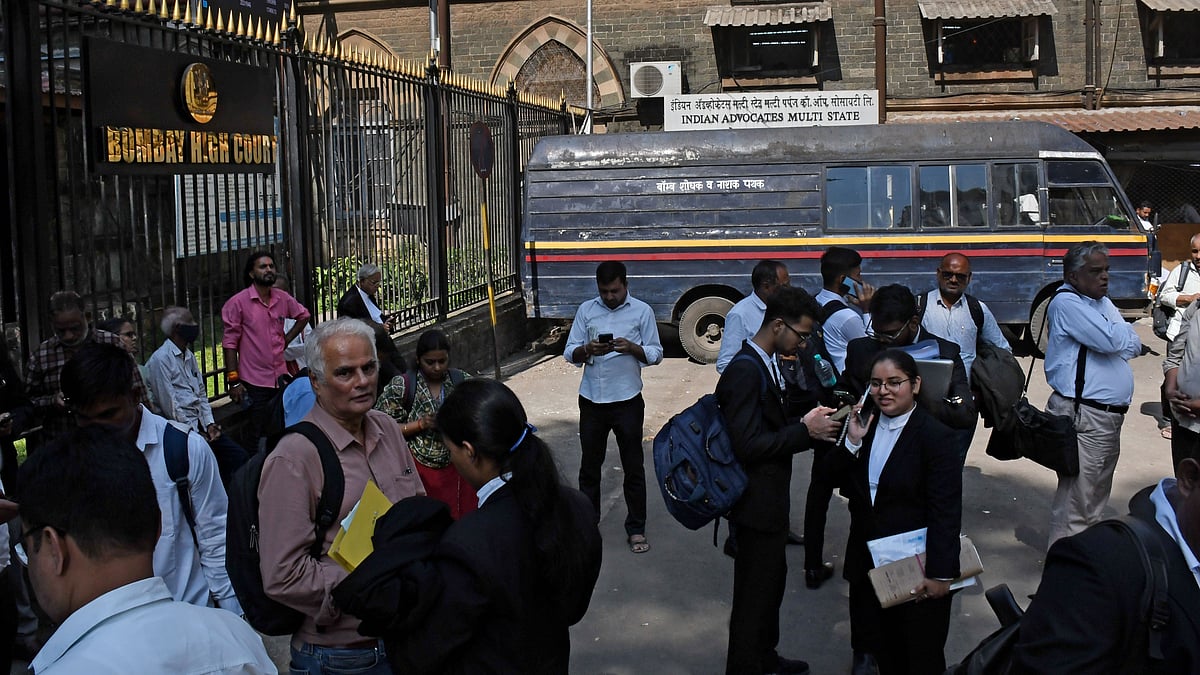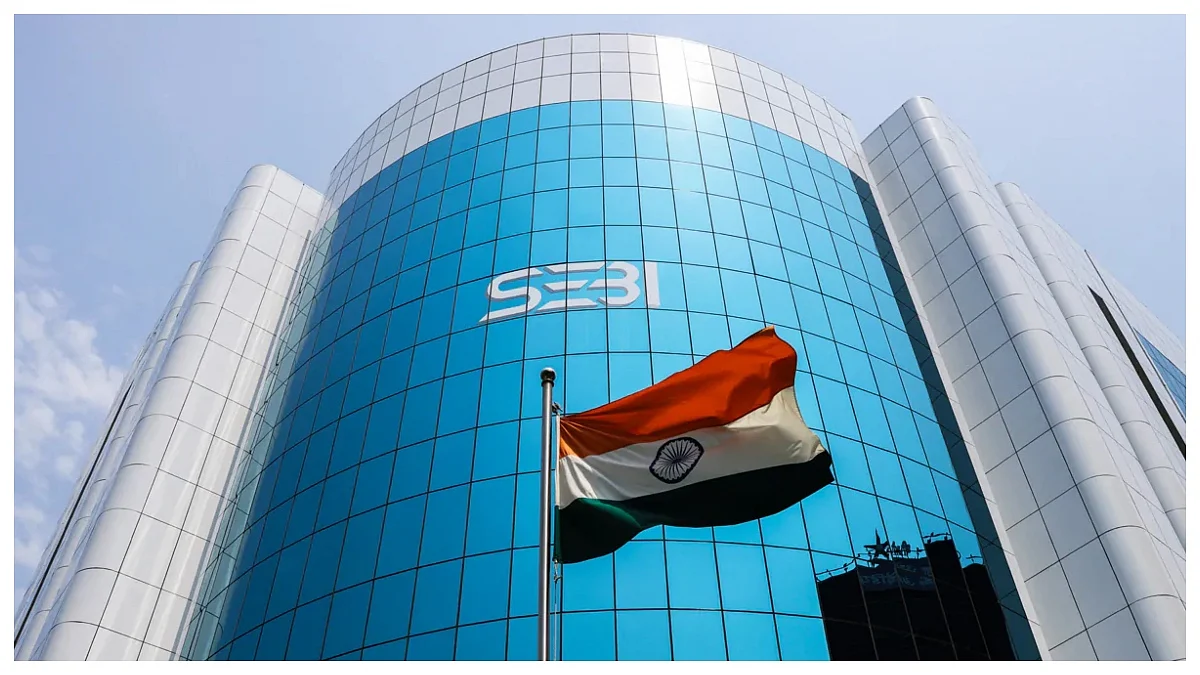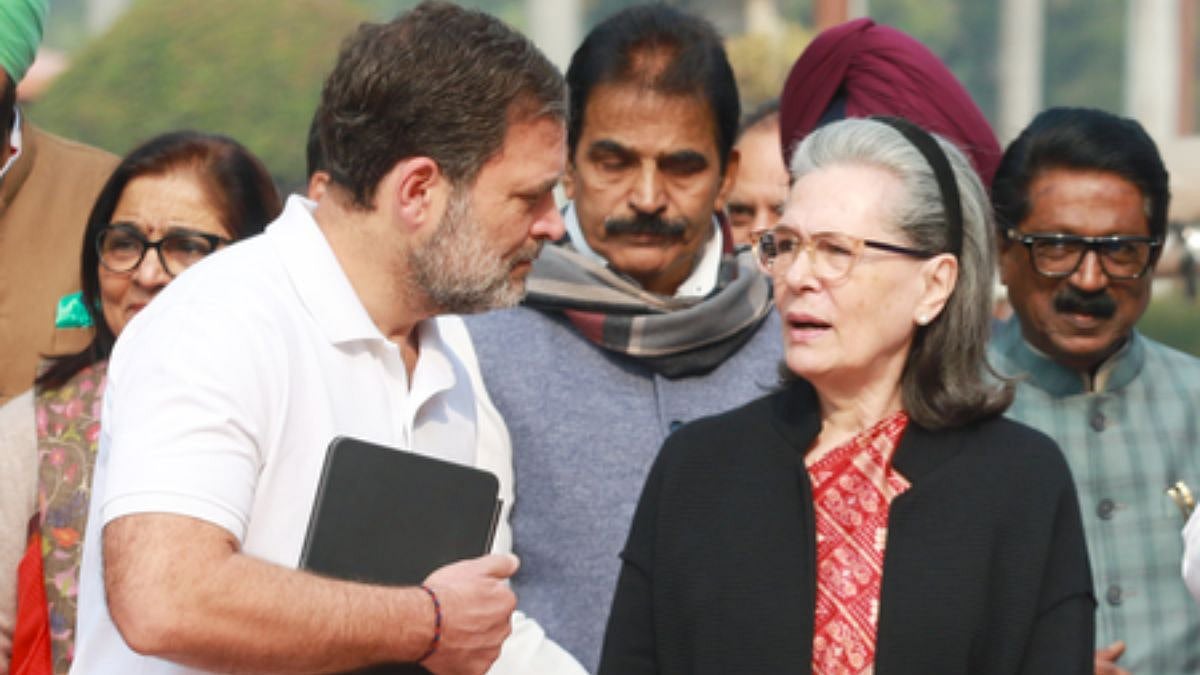On February 1, Finance Minister Nirmala Sitharaman presented a Budget hailed as a 'bold' and 'futuristic budget' focusing on reviving growth during the challenging times of the Covid-19 pandemic. Industry captains and the stock market cheered the Budget announcements, with the Sensex closing 5 per cent up on Budget day and 2.4 per cent on February 2. On February 3, the markets closed nearly a per cent higher and the Sensex also closed above the 50,000-mark for the first time ever.
The Budget-driven rally continued on all days of the last week, with minor corrections getting bought into. On Friday, the Nifty50 crossed the 15,000-mark for the first time ever. The sustained rally helped both Sensex and Nifty advance by over 9 per cent during last week, the highest gains for the indices in one week after the Budget over the last 10 years. On Monday, the rally continued its upward journey, helping market indices close at new record highs.
The Budget, which most commentators said was pro-growth in a tough fiscal situation, also prompted market players to take a positive view of the economy. The market has commended the Budget for not playing to the gallery, especially when the temptation to do so was strong, in view of the Covid-induced distress to the economy.
Other view of Budget
There is another view too, on the Budget though: it falls short on expenditure in areas that needed to be prioritised in these difficult times – healthcare, education, infrastructure creation and employment generation in rural areas. However, the mood on Dalal Street is absolutely jubilant, as record highs are being achieved in one session after another. This picture, however, seems in striking contrast to that of the economy, which sustained the deepest downturn of all large countries: 24 per cent contraction in the first quarter of fiscal 2020-21, followed by 7.5 per cent fall in the second quarter, massive loss of jobs and weak consumer demand.
This is a dramatic disconnect between the economy and stock market. What do investors know that economists and policymakers don’t? On Dalal Street, nobody really cares that the market has grown as disconnected from reality as the government from agitating farmers or the ground reality of agriculture. The stark divergence was quite obvious last year: as the virus surged, businesses shut shop, unemployment surged, the migrant workers crisis worsened, economic growth crashed and poverty spiked, the market, after a deep cut in indices in the first half of 2020, soared to new record highs in the second half. The disregard for the real health of the economy surprised many economists but not the investors, who celebrated the stock market’s V-shaped recovery. This suggests that nothing really happened to impede growth. But the reality is somewhat different.
Rebound, not recovery
Of course, there are reasons for the market’s strong recovery: a very easy monetary policy, very low interest rates, record inflows of foreign money into Indian equities, and also the fact that economies around the world are rebounding. But rebounding, according to well-known economist and former RBI governor Raghuram Rajan, is not recovery. “Recovery means you go back to the place you were and we are still way below the place we were. (But) we are rebounding quite fast,” Rajan said, in a recent interview.
The rebound in the economy, Rajan feels, could be because of pent-up demand from the rich in India. The fact that over 20 million jobs have been lost means that consumption may not come back so soon. There are three levers of growth – consumption, investment and government expenditure. Private consumption is down because of job losses and pay cuts, as also reluctance to spend. Private investment has not picked up because of low demand. That largely leaves government expenditure to push up growth.
Temporary pick-up
What we are witnessing, economists believe, is a temporary pick-up in growth, but the damage that has been done will show up in the medium-term because the positives may not be enough to offset the negatives. Better than expected Q3 earnings of corporates has also created a sense of euphoria. But the worry is how long earnings will remain on the higher side, if the overall economy is not doing well.
The second worry is, interest rates will not remain lower forever. “But if you look at the Sensex,” as Rajan has said, “one thinks the problems are over. No, they are just starting.” Therefore, the road ahead is pretty tough and economists, including Rajan, believe that India will not be back till late 2022 to where it was before the pandemic and then to make up the ground it has lost because the economy was growing at 4 to 5 per cent before the pandemic.
So, why doesn’t the market reflect or track the real world? There are many reasons, but a big one has to do with wealth and access. The stock market reflects the value of just a small slice of the Indian business world, about 5,500 publicly listed stocks, while there are 11.9 lakh active companies as on June 30, 2018, according to corporate ministry data.
Economy is complex
This means the equity market is just a small part of the behemoth called the economy, not the whole economy. A majority of Indians avoid investing in the stock market: of a population of 1.3 billion, there are only 18 million investors in the equity market, while the mutual fund market has only 20 million investors. This means a huge share of the value in stock is held by a tiny and wealthy number of Indians.
Still, despite the self-evident disconnect, while the media reports the news about the market every day with so much importance as if the stock market is the benchmark for the health of economy and vitality of all Indian businesses, objective information about what’s happening to the economy tends to be broad and infrequent: for instance, the manufacturing data, auto sales numbers etc. come once a month and job numbers take even longer to come.
The economy, like the world, is messy and complex. However, the market offers a comforting, if deceptive, sense of accuracy about an economic system that’s too vast to comprehend. The connection between the markets and the economy has never been solid, but these days it couldn’t be more off. There are many negatives both for the economy and the stock market. But for now, though, investors are unfazed.
The author is an independent senior journalist









